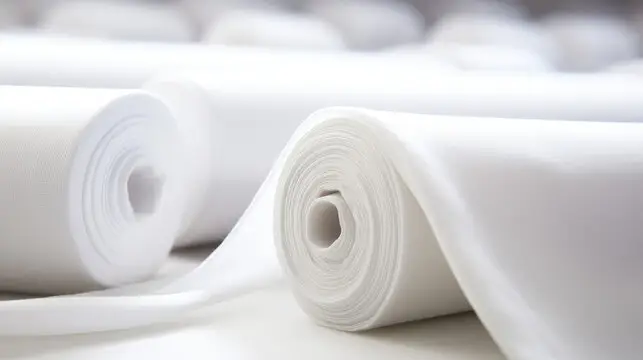Using recycled materials in garments helps reduce waste, conserve resources, and minimize the environmental footprint of the fashion industry. Additionally, these materials often come with certifications, such as Global Recycled Standard (GRS) or Recycled Claim Standard (RCS), to ensure the authenticity and sustainability of the recycled content.

We manufacture Recycled garments using a variety of materials, each with its unique properties and benefits. Here are some common materials used in recycled garments:
1. Recycled Polyester (rPET):
- Made from recycled plastic bottles and other plastic waste.
- Reduces the need for virgin polyester, thus lowering carbon emissions and energy consumption.
- Often used in activewear, outerwear, and casual clothing.
2. Recycled Cotton:
- Produced from pre-consumer waste (fabric scraps) and post-consumer waste (used clothing).
- Reduces water and pesticide usage compared to conventional cotton.
- Commonly used in t-shirts, denim, and casual wear.
3. Recycled Nylon:
- Sourced from old fishing nets, carpets, and other nylon products.
- Helps reduce ocean waste and landfill use.
- Frequently used in swimwear, activewear, and hosiery.
4. Recycled Wool:
- Made from old wool garments and manufacturing waste.
- Conserves resources and reduces the environmental impact of wool production.
- Used in sweaters, coats, and other warm garments.
5. Recycled Denim:
- Created from old denim garments and manufacturing scraps.
- Maintains the durability and comfort of traditional denim.
- Used in jeans, jackets, and accessories.
6. Recycled Cotton-Polyester Blends:
- Combines recycled cotton and polyester for a balance of softness and durability.
- Used in a variety of garments, from t-shirts to sweatshirts.
7. Recycled Textile Blends:
- Mixed recycled fibres from various fabrics, offering unique textures and appearances.
- Used in fashion-forward garments and accessories.
